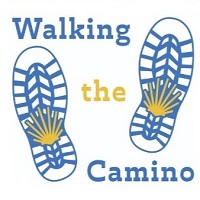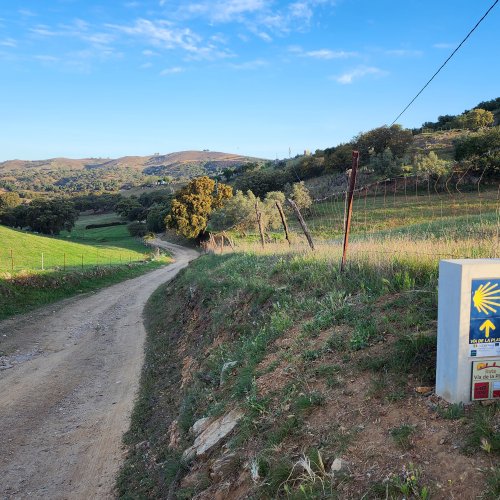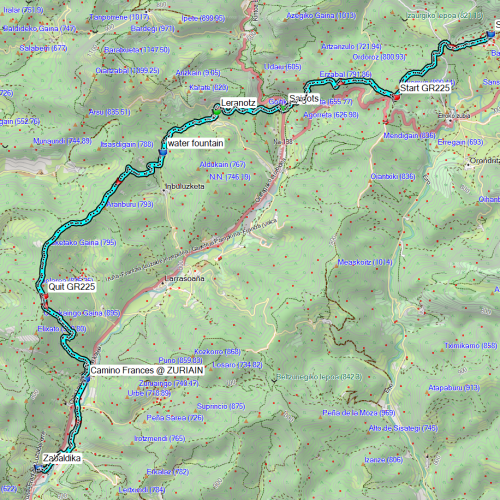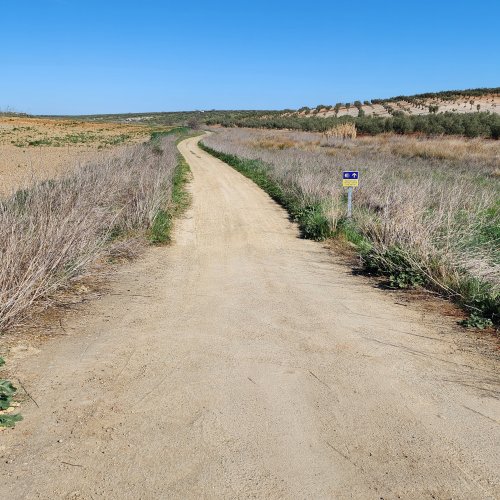Before anyone jumps on Raggy, he is summarizing the views expressed in the article by the people who have lived it. For those who can not read Spanish this is the Google translation for the article.
The hosts volunteers who attend the donation hostels are "fed up" from the "Pseudoperegrinos"
Donostia-"Pseudoperegrinos", "Tourists with credentials", or simply and plainly, "tourists". Thus defines the President of the Association of Friends of the way of Santiago in Gipuzkoa to a great majority of the people who cross the territory making the route Xacobea during the summer "beach in Beach". "We are attending a cheap tourism," sums up Fernando Imaz.
The problem is that these people take advantage of the hostels that manage the hosts of the association in a voluntary way and in which no fee is charged for sleeping. "There are German websites that boast that you can make the way playing 20 euros per day and those 20, 12 are for beers", he exhibits as an example the veteran Hospitalero, who has been hosting pilgrims in different centers since 1991. Or another: "They write to you by email asking if you give breakfast, dinner...".
In summer, the North Road, as it is known to the route that runs between Irun and Santiago de Compostela along the Cantabrian coast, increases the number of people that transit it exponentially. They estimate that 25,000 people crossed the territory last year and this course has already noticed "an increase". Only in Donostia 3,800 pilgrims slept during the months of July and August of 2018 in the hostel until then the association managed in the facilities that gave Claret Ikastola and for those who have only words of "gratitude".
At the close of this school located in Gros by the decrease in the number of enrolments, the association can not continue using this place, in which they had 75 places to give shelter to the pilgrims who leave in Donostia during the summer period.
It closes a cycle started in 2016 that has been "complicated" by the massive influx of this profile of tourist that is masked in the skin of a pilgrim. "Especially occurs in large cities or places with beach, in large hostels," says Imaz in reference to the aforementioned or others like the Deba, which has 60 seats.
Without other options in sight, next summer the capital of Guipuzcoa will not have a Hospital of pilgrims, as they call this type of hostels that are exclusive for pilgrims and in which the traditional hospital work is carried out, with a volunteer who It welcomes those who come to the shelter and where only "the will" is asked with which, as they say, they will "attend to the Pilgrim of Tomorrow". To sleep in this type of shelter, which usually remain open from 15.00/16.00 to 22.00 hours, you have to present the Pilgrim's credentials.
This document, which is stamped and dated in the places where it is passed, allows to accredit the pilgrim who is making the route and also gives him the right to spend the night in the exclusive hostels for them. Getting it is easy, as it is given to those who ask for it in the associations, so anyone can get it. And with it, make the way.
The problem is that whoever carries the credential ("In the end is useless," says Imaz) is more interested in sightseeing than completing the route Xacobea and for this takes advantage of the infrastructure that associations such as Gipuzkoa offer From the goodwill to enjoy a price-drawn holiday.
"Only three out of ten people who sleep in the hostel-Donostia-Leave a donation," he says. In the capital of Guipuzcoa, the donation comes out to an average of 3 or 4 euros per person. In smaller hostels, however, like the one of Pasai Donibane, with its 14 squares, or in routes much less crowded, like that of the interior-that crosses the cave of San Adrián-, where in a hostel like that of Beasain overnight 300 people per year, the donation is usually may Or, also because the reception is different, more intimate, "he explains. And Apostille: "But of course, Beasain has no beach", so whoever opts for this route seeks, perhaps, the most authentic and solitary path.
Four robberies among so many people, besides, he sneaks around. So far this year there have been four burglaries, one in Irun, where they were made with eleven phones of the people who were staying and about 1,000 euros-according to calculate-;d os in the private hostel of Getaria, where in total they took about twelve mobile and 4,000 euros; and a CUA RTO stealing clothes and food in Zumaia. "They had taken from the fridge to the insulin of a pilgrim," recalls Imaz
But it is in Donostia where, in general, the situation has come to pass and they have finished, confesses Imaz, "Hartísimos" by the attitude of those who seek free accomodation and, in addition, "demand". "They come down from the twelve tribes-community of Ulia that also offers to spend the night with the Walkers-, which is to kilometer and a half, and at nine thirty in the morning they were planted at the door of Claret. When the priests passed, they asked for explanations as to why they did not open, "he reproves. Demands that were accompanied by insults and disrespect.
From 2006 to 2015, volunteers from the Friends of the Road Association offered summer accommodation in the facilities of Jakintza Ikastola, in the old. And from 2016 they moved to the old Mariaren Bihotza, in Gros.
Over the years the influx of tourists, instead of pilgrims, has gone to more. And the rude and sometimes challenging attitude of these people has made that in 2017 five of the hosts who used to cover the summer shifts in Donostia refused to do so and others did the same the following year. "It's embarrassing" what some of these people do, says Imaz.
Members of the Association of Gipuzkoa who perform these voluntary shifts of ten days as hosts are about 70, to which we must add another 60 that come from outside to cover the 130 turns necessary to manage the hostels of Irun, Pasai Donibane, Donostia , Zarautz (the latter two only in summer), Zumaia, Deba, Andoain and Beasain.
The average age of the hosts, in general, is high. "In Donostia was in 76 years." And although Imaz comes to say with some anger that these hostels "no longer have reason to be because what they receive are only tourists", continue and continue at the foot of the canyon developing a work that is indeed unpayable, but in a way still filling them. However, the president believes that the future is in professionalization, in private initiative, "because the situation is not going to go better." "At the end of the day, what comes to us is also a reflection of what is in society," he reflects.
Thanks to Claret














